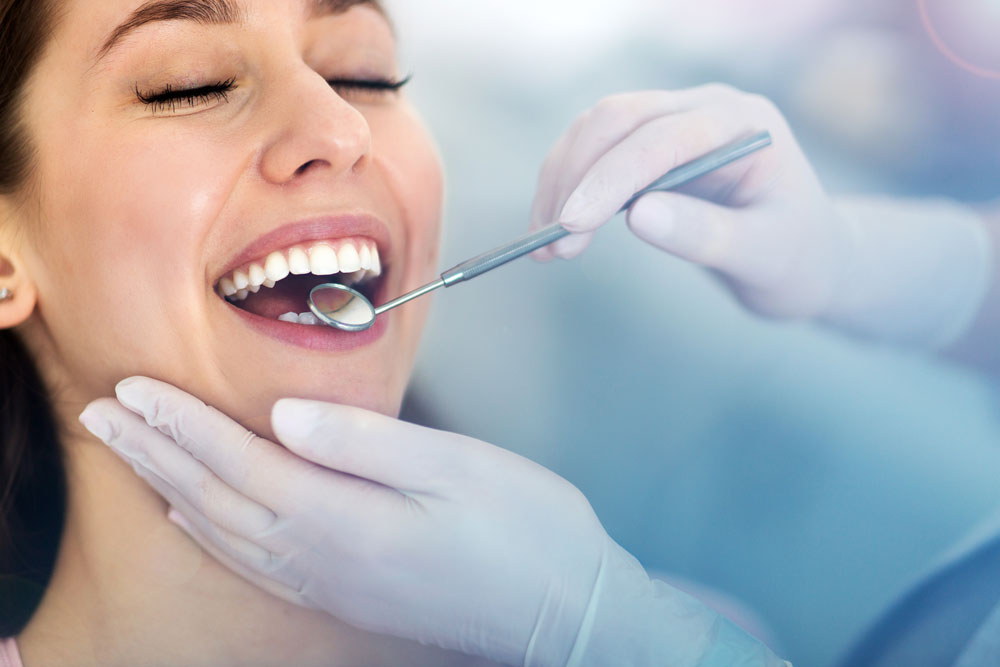TMD & TMJ
About Us
Understanding and Managing TMJ/TMD
Temporomandibular Joint Disorder (TMD) refers to a group of conditions affecting the temporomandibular joint (TMJ), which connects your jawbone to your skull. TMD can cause pain and dysfunction in the jaw joint and the muscles that control jaw movement. Symptoms of TMD can vary from person to person, but common signs include:
- Jaw pain or tenderness: Pain may be felt in the jaw joint, around the ears, or in the temples.
- Jaw clicking or popping: You may hear or feel a clicking or popping sound when opening or closing your mouth.
- Difficulty in opening or closing the mouth: The jaw may feel stiff or limited in movement.
- Facial pain: Pain or discomfort may extend to the face, neck, and shoulders.
- Headaches: TMD can cause tension-type headaches or migraines.
- Locking of the jaw: The jaw may become temporarily stuck in an open or closed position.

Treatment for TMD depends on the severity of the symptoms and the underlying cause. At our dental practice, we always try to treat with the least invasive option first. Some of the most common treatments include:
- Self-care: Practicing jaw relaxation exercises, eating soft foods, applying moist heat or ice packs to the jaw, and avoiding extreme jaw movements can help alleviate mild TMD symptoms.
- Medications: Over-the-counter pain relievers, muscle relaxants, and anti-inflammatory drugs may be prescribed to manage pain and inflammation.
- Dental splints or mouthguards: These devices can help reduce teeth grinding or clenching, which may worsen TMD symptoms.
- Physical therapy: Jaw exercises and therapies can improve jaw mobility and strengthen surrounding muscles.
- Stress management: Stress can exacerbate TMD symptoms, so learning stress-reduction techniques can be beneficial.
- Dental work: Correcting dental issues like misalignment or bite problems can help alleviate TMD symptoms.
- Muscle therapy such as Botox injections. When injected into specific muscles around the jaw joint, it can help to reduce muscle tension and provide relief from jaw pain, headaches, and other TMD symptoms.
In the most severe cases, oral surgery may be recommended. If that is recommended, our office has a working relationship with specialist who are specifically trained in treating TMJ disorders. We will gladly provide a referral if needed.






